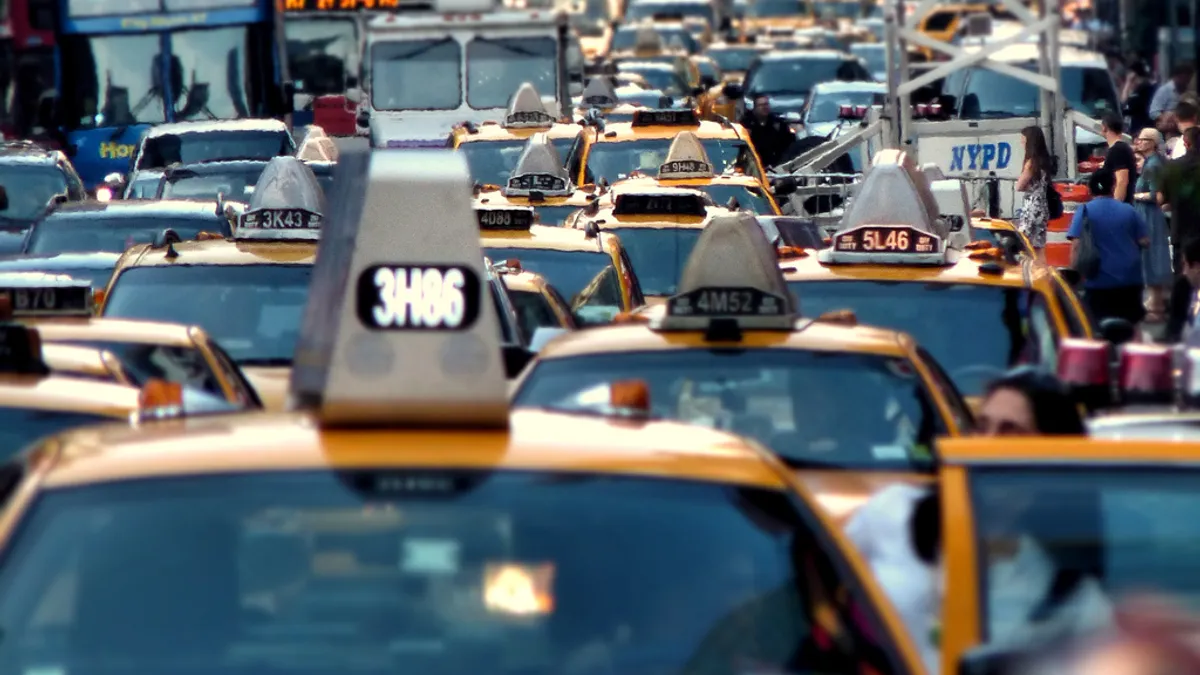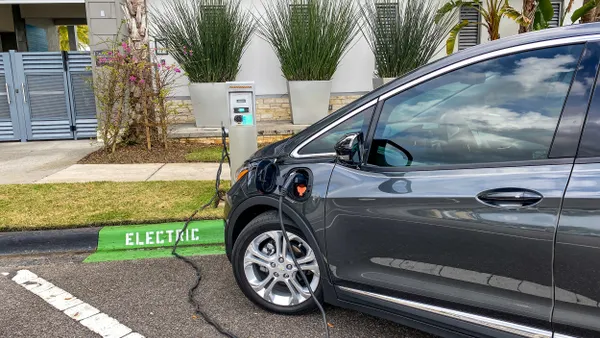Dive Brief:
- New York City has created a new office within the Taxi and Limousine Commission (TLC) aimed at reducing discriminatory ride refusals by taxi and other for-hire vehicle drivers, which includes not stopping when hailed, refusing to go to location requested and not accepting certain passengers. The sole purpose of the new Office of Inclusion is to make sure all passengers receive the service to which they are legally entitled.
- The office will develop anti-discrimination training for drivers and reinforce the zero tolerance discrimination policy, expand the existing educational campaign encouraging passengers to report to the TLC when drivers refuse to pick them up, and increase and ensure taxi service in the outer boroughs
- The office will also strive to prosecute service refusal complaints. Penalties are $500 for the first violation, $1,000 and a possible 30-day suspension for a second violation within 24 months and $1,000 with a license revocation prehearing for a third violation within 36 months.
Dive Insight:
The city devised the new office because "[t]he TLC recognizes the continued challenge many black, Latino, other communities of color and outer borough residents face when hailing taxis and getting service to their destination in NYC," according to the city's statement.
Notably, the efforts focus not just on racial and traditional discrimination, but also on location-based ride refusal. This prevents for-hire drivers from turning down customers who live in farther portions of the service area or low-income neighborhoods, essentially stranding some riders who might not have other viable transportation options. Some taxi drivers have a reputation for not accepting fares to areas they consider dangerous or that might be harder to find a return fare than if they remain in denser service areas like Manhattan. Because of the different operating models, ride refusal is easier for taxi drivers to carry out than ride-share drivers.
The Office of Inclusion's action items tackle the problem of ride refusal from both sides, by requiring additional driver training, but also launching educational campaigns that include widespread public service announcements encouraging and empowering passengers to report violations. In addition, the office plans to push more inclusive recruiting efforts to encourage members of underrepresented communities to become for-hire drivers.
The ride refusal crackdown comes as city leaders are slated to vote on putting a one-year moratorium on granting licenses to ride-share drivers. Uber, Lyft and some civil rights groups have pushed back on the license cap, saying it would cut down on a transportation option for areas not well served by taxis, and for people of color. This continues the city's back-and-forth battle with ride-sharing companies, which are blamed for increasing traffic congestion within the densest portions of the city and affecting taxi business by oversaturating the for-hire driving market.












